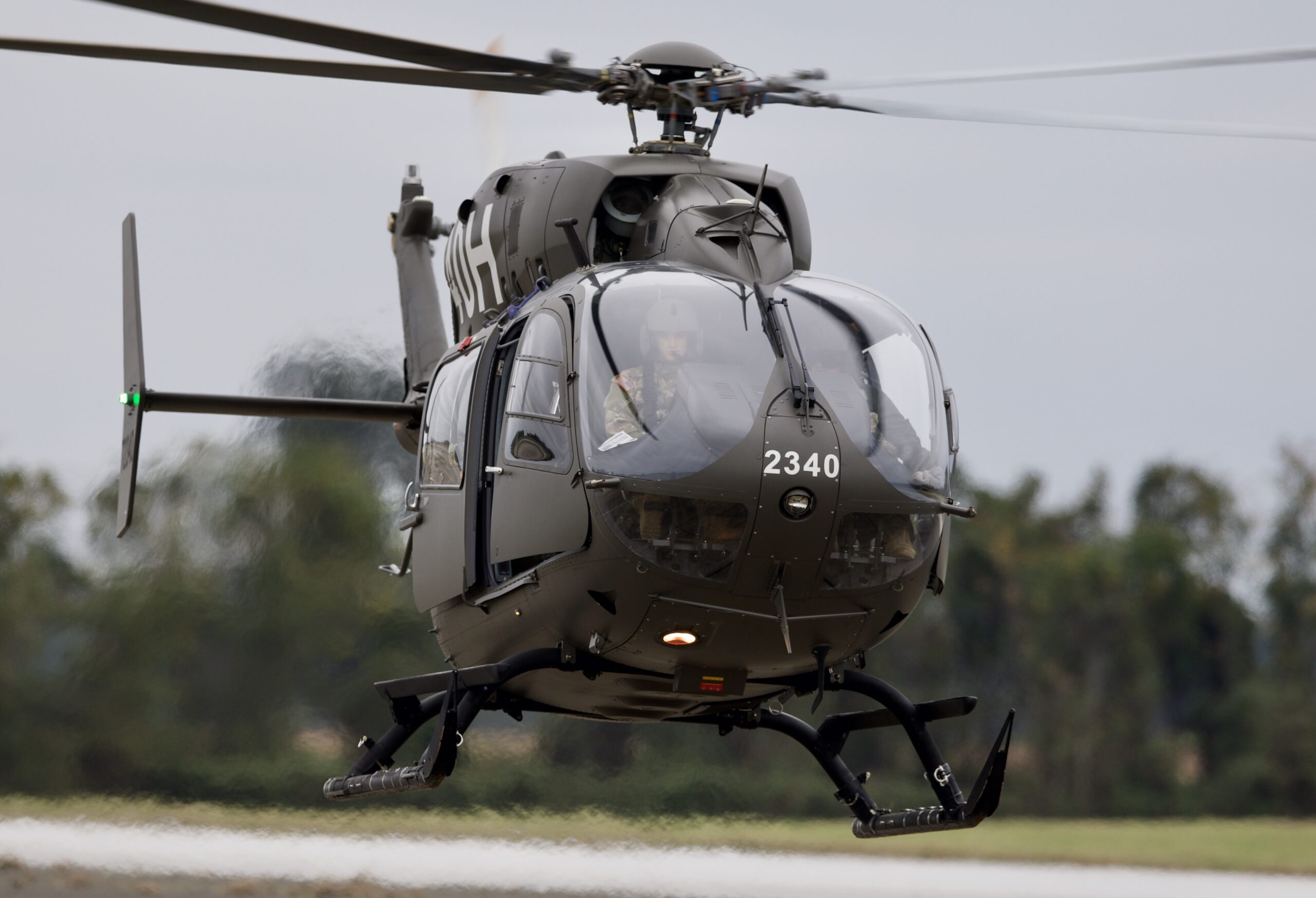U.S. aerospace company Boeing and Italian firm Leonardo have announced a partnership to enhance training for U.S. Army aviators. This collaboration aims to provide a contractor-owned, contractor-operated (COCO) solution as the Army seeks to modernize its flight school. The announcement was made during the annual Association of the U.S. Army conference in Washington on October 9, 2023.
The joint effort will focus on the Army’s Flight School Next program, which is designed to create a more flexible and scalable approach to rotary-wing training. A key element of this initiative is a return to basics, particularly through the use of a single-engine helicopter. The Army has faced significant challenges with aviation accidents, prompting a comprehensive review of its pilot training methods. This includes evaluating the types of aircraft used and considering a shift to a COCO training model.
In a 2020 study conducted by the Boston Consulting Group, it was determined that transitioning to a single-engine trainer could save the Army “hundreds of millions of dollars.” Further analysis by a fellowship program at the College of William & Mary indicated that a COCO model would be more advantageous than the traditional government-owned, government-operated system.
The Army is eager to expedite this transition and has already released a draft request for proposals. According to Maj. Gen. Clair Gill, commander of the Army Aviation Center of Excellence at Fort Rucker, Alabama, the Army plans to issue a final request for proposals soon and aims to evaluate submissions by 2026. The goal is to implement a new solution by early fiscal 2027.
Boeing has a longstanding involvement in Army aviation, supplying key aircraft such as the AH-64 Apache attack helicopter and the CH-47 Chinook cargo helicopter. The partnership with Leonardo leverages Boeing’s extensive experience alongside Leonardo’s AW119T training helicopter, creating a comprehensive training package.
“We are bringing together two industry leaders to offer the Army a turnkey, innovative approach to rotary-wing training,” said John Chicoli, senior director for U.S. Army, Marines & Special Operations/Missions at Boeing Global Services. He emphasized that this collaboration aims to increase aviator proficiency and operational efficiencies while delivering measurable value throughout the program’s lifespan.
Boeing’s existing training programs for the AH-64 Apache fleet include live, virtual, and constructive simulation, as well as cockpit procedure trainers and instructor development initiatives. The company’s expertise in program management and systems integration positions it well to lead extensive training efforts like Flight School Next.
Leonardo’s AW119T trainer has accumulated over 100,000 flight hours, including more than 16,000 hours under instrument flight rules and 40,000 touchdown autorotations. Currently, the company supports 130 AW119Ts operated by the U.S. Navy near Fort Rucker.
The proposed collaboration between Boeing and Leonardo extends beyond aircraft delivery. The two companies plan to provide a multi-faceted service model designed to increase flight training hours and skill proficiency, delivering a flexible and scalable training framework throughout the contract’s duration. This innovative approach aims to address the evolving needs of Army aviation training and ensure that future pilots are well-prepared for their roles.
